Can You Whiten Dentures?

Understanding Denture Whitening
Dentures, like natural teeth, can become stained over time due to factors like food, beverages, and tobacco use. Many individuals seek ways to restore the original appearance of their dentures not only to enhance their aesthetic appeal but also to maintain proper hygiene. This article explores various methods for whitening and maintaining dentures effectively and safely, taking into account both DIY approaches and professional recommendations.
Best Practices to Prevent Staining

What are the best practices to prevent dentures from staining?
To prevent dentures from staining, implementing a thorough oral hygiene routine is essential. This includes rinsing your mouth after consuming foods or beverages that are known to stain, such as coffee, tea, and red wine.
Daily cleaning is vital; brush your dentures with a soft-bristled brush using a non-abrasive denture cleanser. A gentle scrub helps eliminate food particles and plaque that can lead to discoloration.
Importance of proper hygiene and care
Soaking your dentures overnight in a denture cleanser significantly aids in removing any lingering stains and disinfecting the material. This practice not only promotes cleanliness but also prolongs the lifespan of your dentures.
Regular consultations with a dental professional ensure that any extensive stains are addressed through professional cleaning, improving overall denture appearance and fit.
Recommendations for staining foods and beverages
Limiting the consumption of highly pigmented foods, such as blueberries, tomatoes, or beverages like cola, can greatly reduce the risk of staining. If consuming these foods is unavoidable, rinsing dentures with water immediately afterward can help prevent stains from setting in.
By maintaining an effective cleaning regimen, regularly visiting the dentist, and being mindful of diet, you can keep your dentures looking their best over time.
Home Whitening Techniques

How can I whiten dentures at home?
To whiten dentures at home, patients can use a blend of hydrogen peroxide mixed with baking soda to create a gentle paste that works to safely remove stains. Soaking dentures in white vinegar overnight offers both whitening benefits and sanitization. After this soak, a thorough rinse is crucial.
It's important to stick with denture-specific cleaning products since regular bleach can damage the material. Additionally, a routine of cleaning dentures with a soft-bristle toothbrush and denture cleanser is essential to maintain their pristine appearance. For any persistent stains that home methods cannot address, consulting a dentist for professional cleaning is highly advised.
Are there safe home remedies using hydrogen peroxide for whitening dentures?
Yes, there are safe home remedies using hydrogen peroxide for whitening dentures. A simple and effective method involves soaking dentures in a solution made of ½ cup of warm water mixed with ½ cup of 3% hydrogen peroxide for about 30 minutes. This can help lift and remove surface stains effectively. However, users should avoid using hydrogen peroxide on flexible dentures, as it may cause warping.
Additionally, combining baking soda with hydrogen peroxide to create a paste serves as a gentle cleaning method, effectively removing stains without scratching the denture surface. It is crucial to rinse thoroughly after any cleaning solution, and other methods such as using white vinegar or saltwater can be effective for sanitization.
Evaluating the Effectiveness of Whitening Products

How effective is whitening gel on dentures?
Whitening gel is generally less effective on dentures compared to natural teeth. This ineffectiveness is due to the materials dentures are made from, such as acrylic and porcelain, which do not react to whitening agents in the same manner. Since traditional whitening products are tailored for the enamel of natural teeth, their efficacy diminishes significantly on denture surfaces.
Potential risks of using inappropriate products
Using household bleaching agents or abrasive cleaning substances poses substantial risks to dentures. These products can weaken and damage the materials, leading to potential fit issues and making them brittle. Moreover, products not specifically formulated for dentures might alter their color unpredictably. Therefore, it's advisable to stick with denture cleansers designed for safe cleaning and maintenance.
Consultation with dental professionals
Consulting a dental professional is essential before attempting any whitening methods. Dental experts can recommend safe and effective alternatives based on the condition of your dentures. In cases of severe staining, a dentist might suggest professional cleaning, adjustments, or potentially replacing the dentures rather than opting for at-home whitening methods.
Managing Unwanted Denture Whitening

How do I address dentures that have become too white?
If your dentures have adopted an unnaturally white hue, consulting a dentist is crucial. A skilled dentist can evaluate the current appearance and possibly remake the dentures, tailoring them to match a more natural color that suits your smile.
Importance of professional consultations
Seeking a second opinion can also be advantageous. A cosmetic dentist or prosthodontist specializes in aesthetics and can offer a range of techniques and materials to enhance the natural look of dentures. It's vital to communicate your expectations clearly to these professionals to align their suggestions with your vision for a more appealing appearance.
Exploring cosmetic adjustments
Additionally, you might consider discussing options for cosmetic adjustments. If the primary issue is the color, your dentist may offer solutions that restore the balance and harmony in your smile, ensuring your dentures complement your overall facial appearance.
Using Baking Soda for Denture Whitening

Should I use baking soda to whiten dentures?
Yes, you can use baking soda to whiten dentures. Baking soda possesses natural whitening properties and effectively removes stains and odors from dentures.
To use it, mix two tablespoons of baking soda with warm water to create a cleaning solution. Alternatively, make a paste by combining baking soda with water. Soak your dentures in the solution overnight, then gently scrub them with a soft-bristle toothbrush the next morning. Make sure to rinse the dentures thoroughly under running water to eliminate any residue.
Safely incorporating baking soda in denture care
While baking soda can enhance the brightness of your dentures, it’s vital to use it carefully. Avoid abrasive scrubbing, as this can scratch and damage the denture surface. Instead, use gentle motions during cleaning. Additionally, only use baking soda occasionally, rather than daily.
Balancing effectiveness and potential damage
Baking soda is a reliable option, yet overuse can lead to detrimental effects on denture materials over time. For better results, complement this method with regular professional cleanings and manufacturer-recommended denture cleaners.
Ensuring the Lifelong Brightness of Dentures
Whitening and maintaining dentures is a balance between effective cleaning and avoiding potential damage. By understanding the pros and cons of different methods, such as at-home solutions like baking soda and peroxide, alongside professional treatments, individuals can keep their dentures in excellent condition. The most critical aspect is the regular practice of preventive care, emphasizing daily cleaning and professional check-ups. This comprehensive approach will not only restore the appearance of dentures but also ensure their longevity and functionality.
References
- Can You Whiten Dentures? - Polident
- Can You Whiten Dentures? - Northside Dental Clinic
- Tips for Whitening Your Dentures - Encino Cosmetic & Dental Implants
- How to Whiten Dentures? - Legacy Dental
- Can Dentures Be Whitened? - Family Tree Dental
- 5 Ways to Safely Whiten Dentures
- How to Whiten Dentures | Affordable Dentures & Implants
- How To Whiten Dentures: Stain Removal And Prevention - Colgate
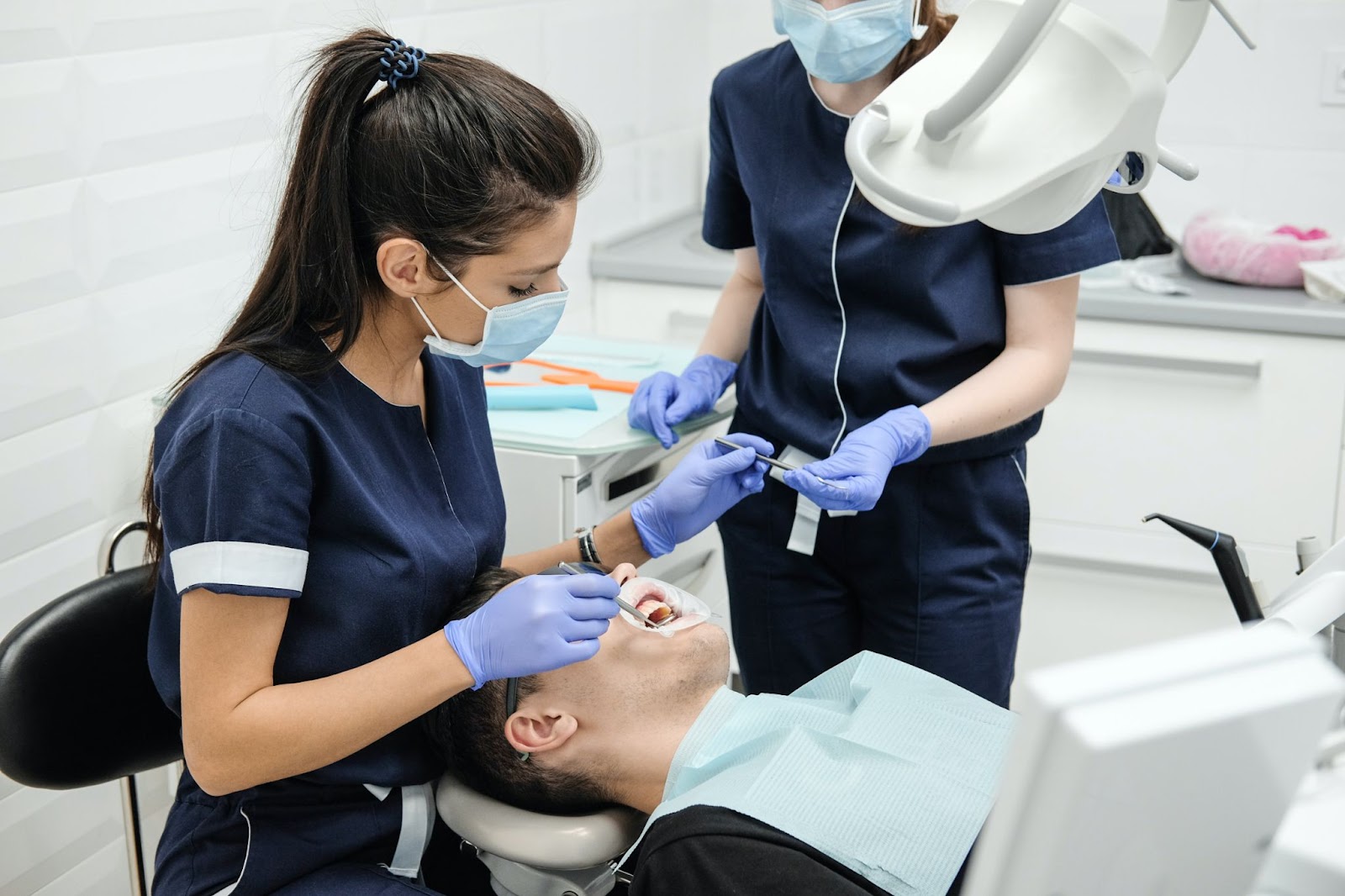



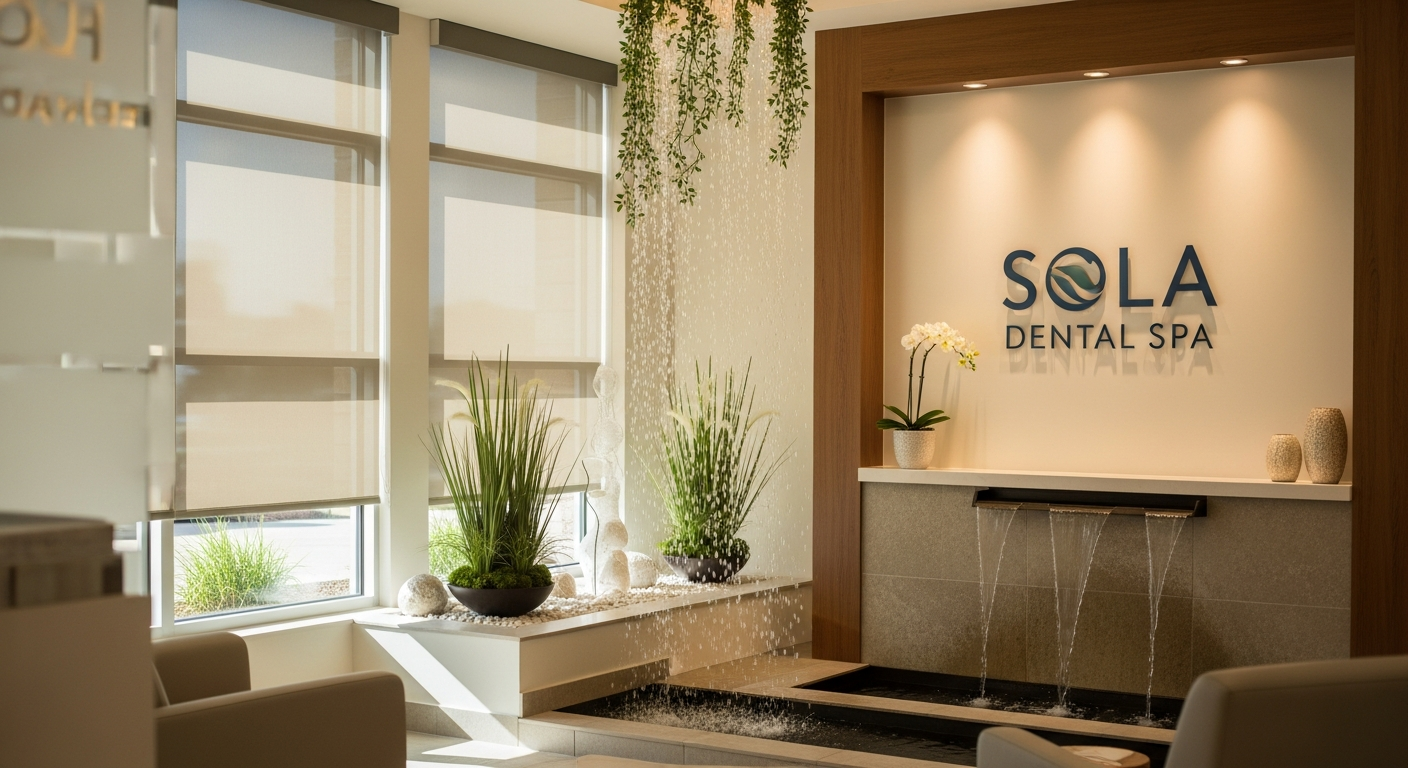
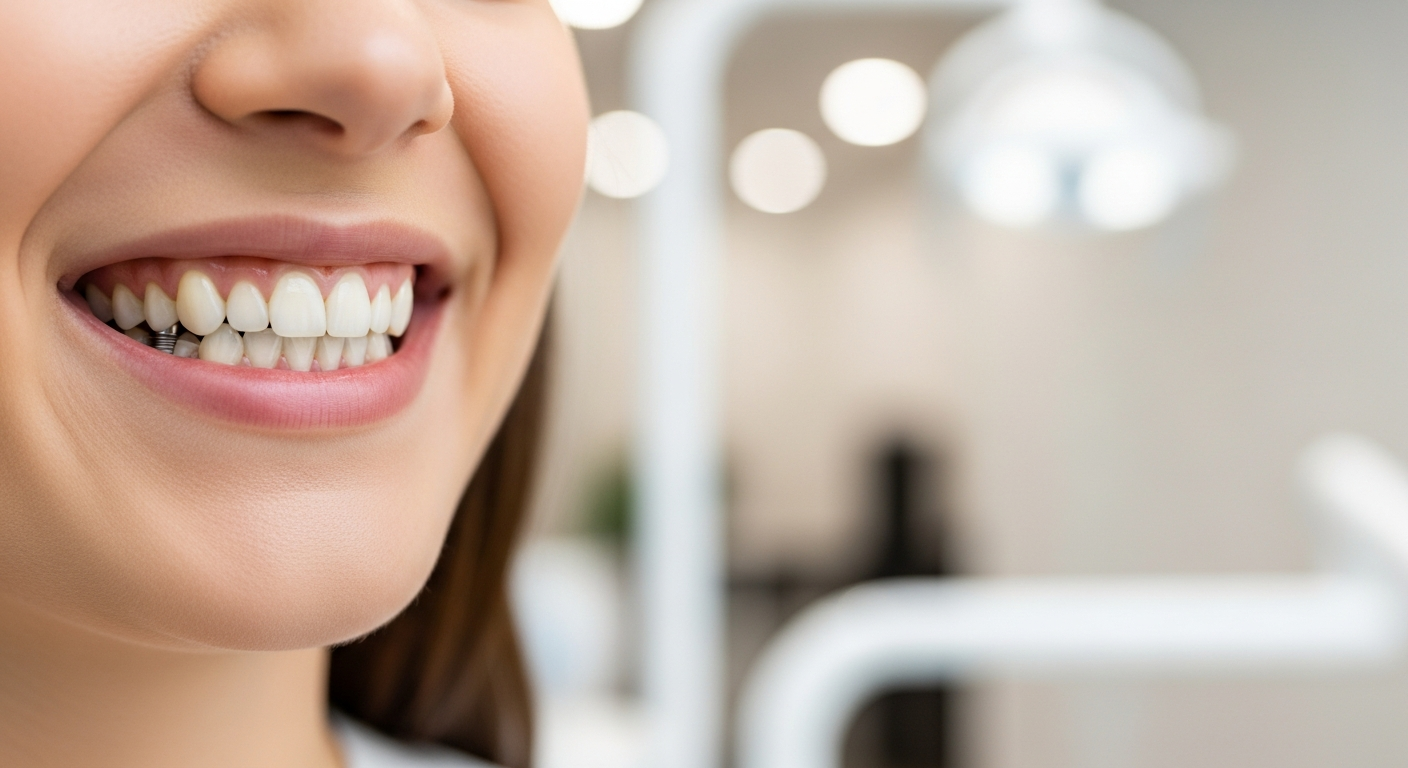
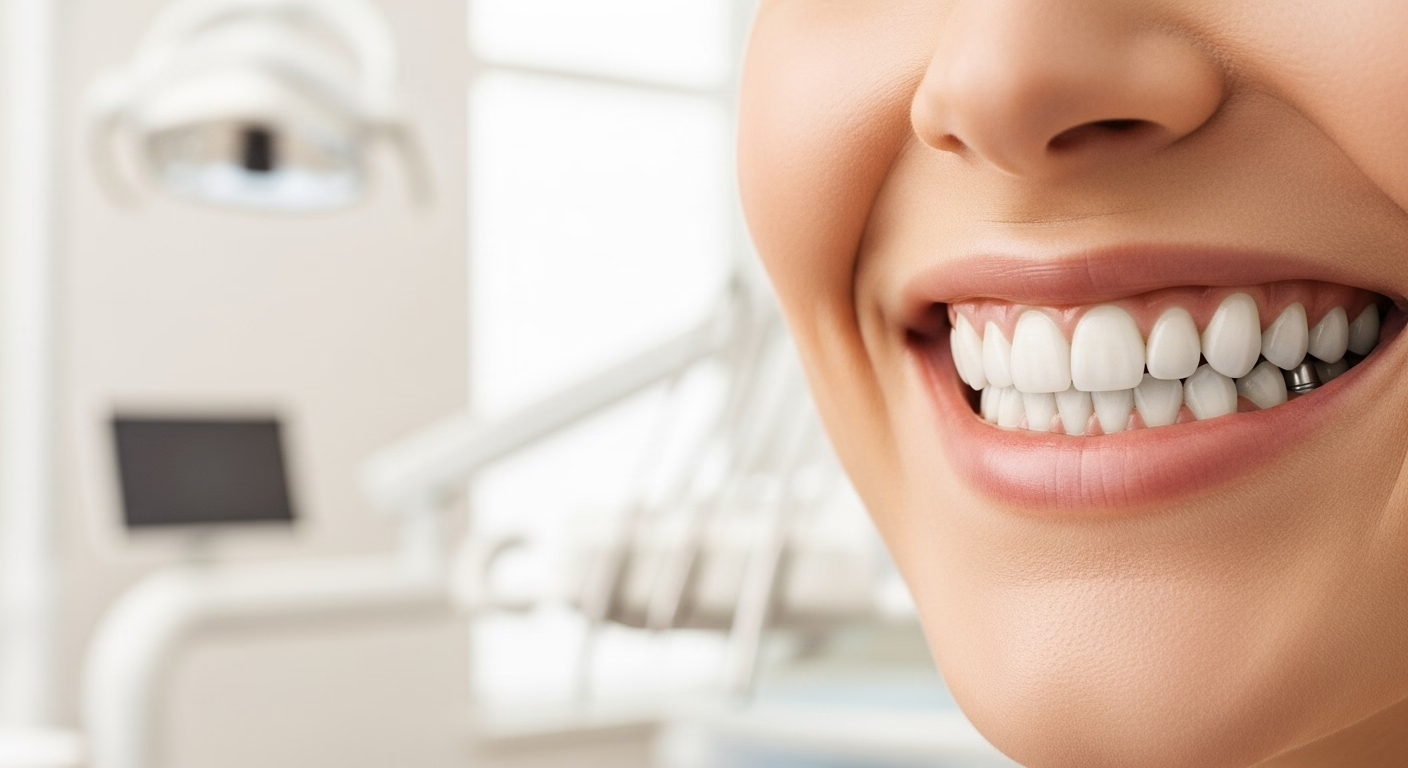
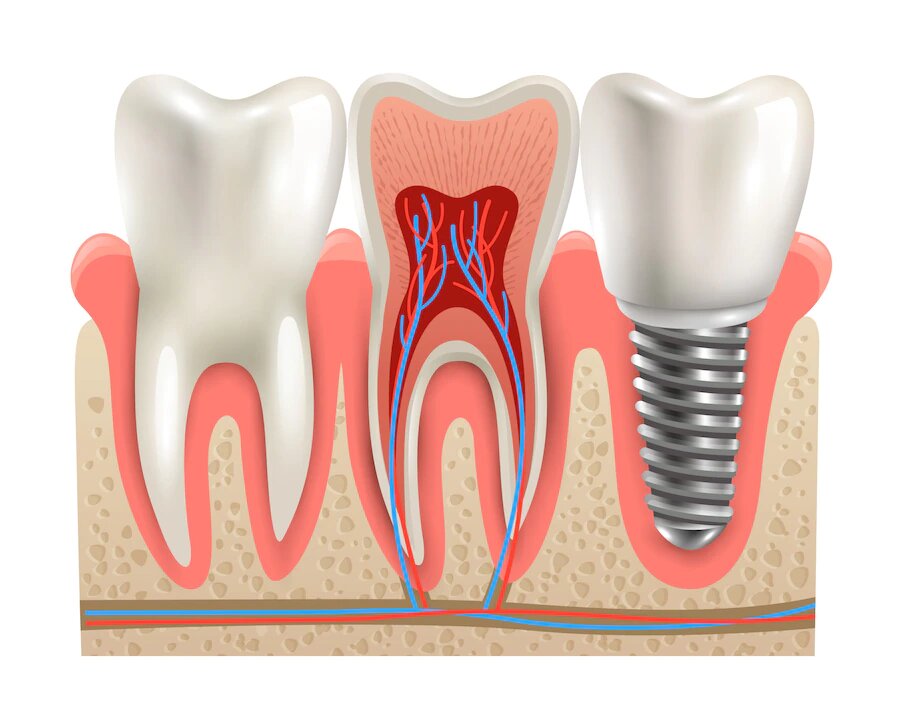
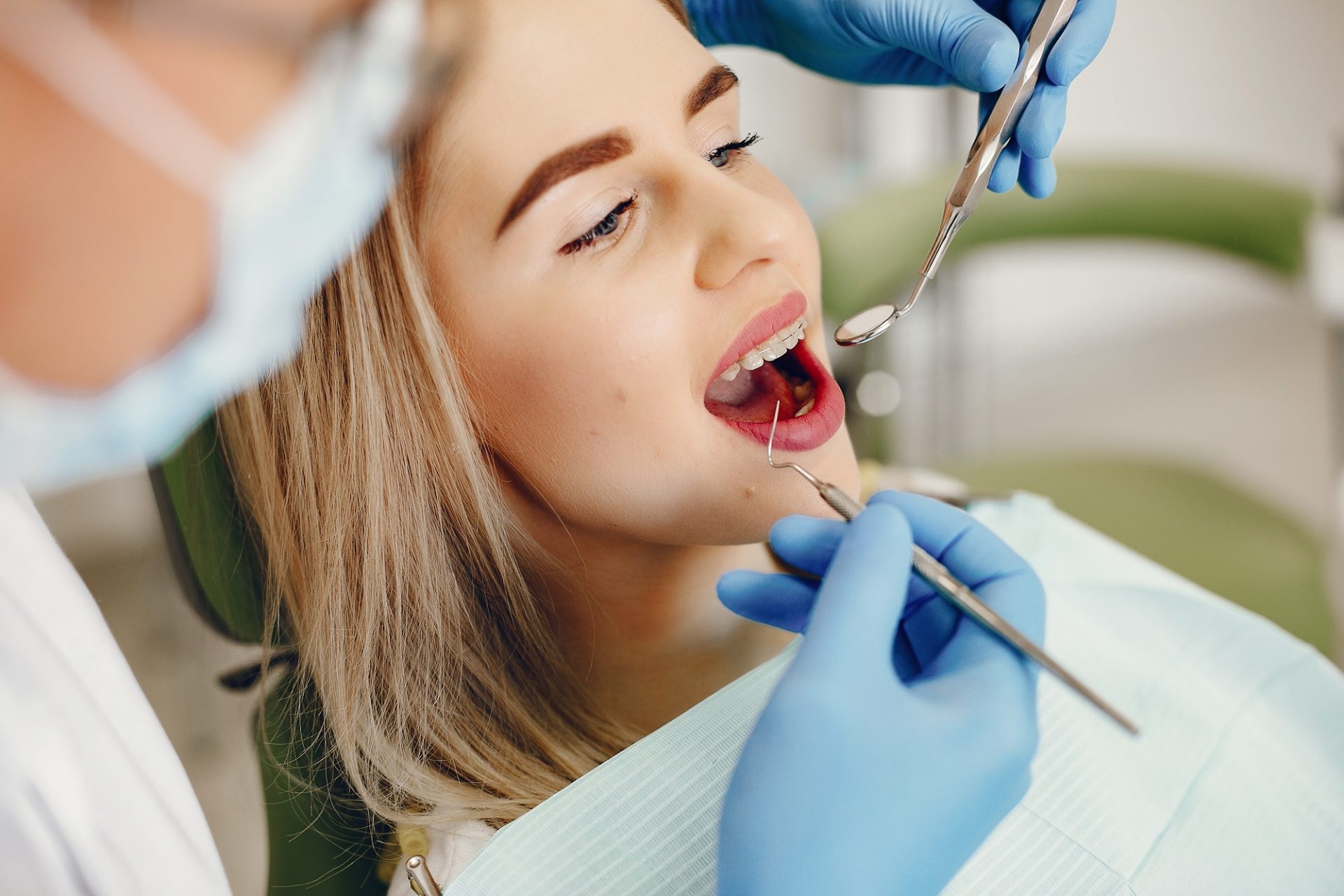







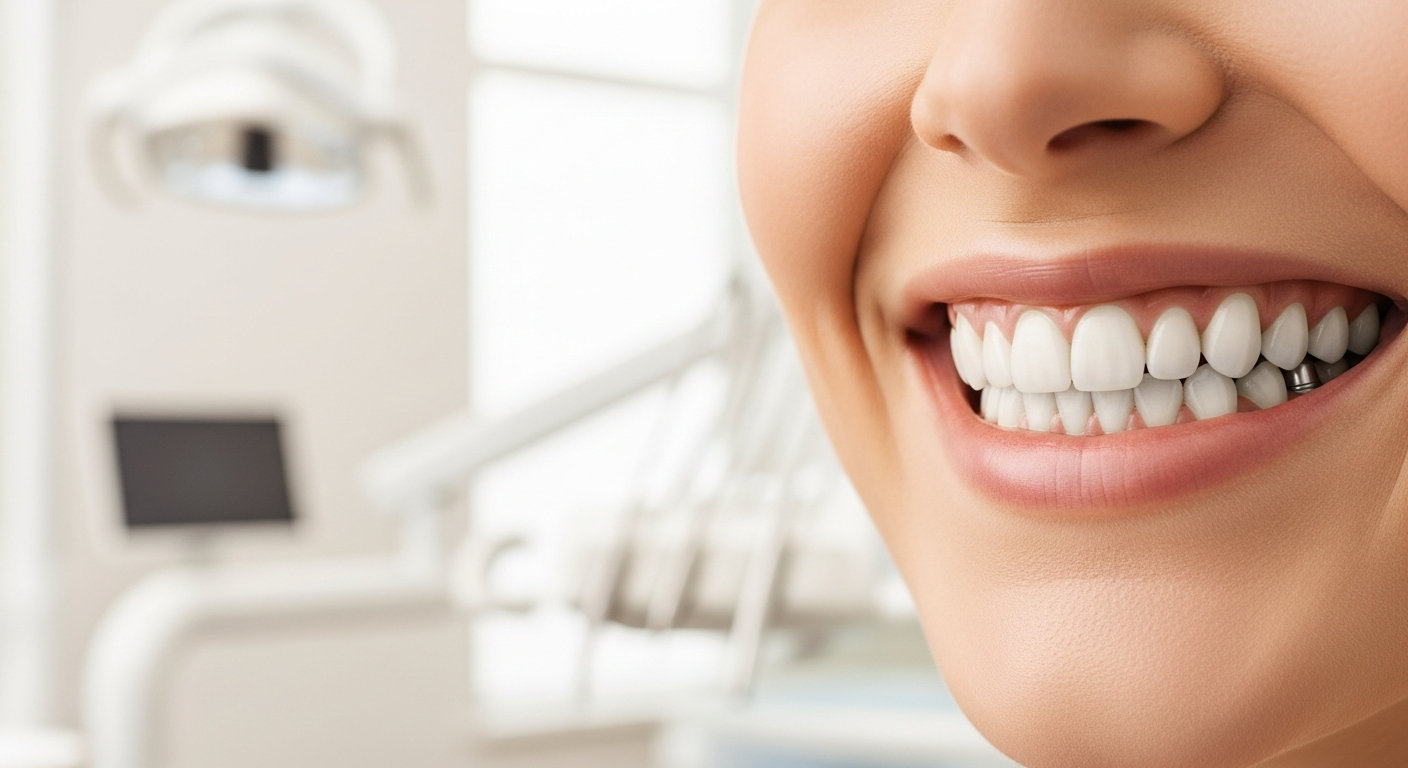

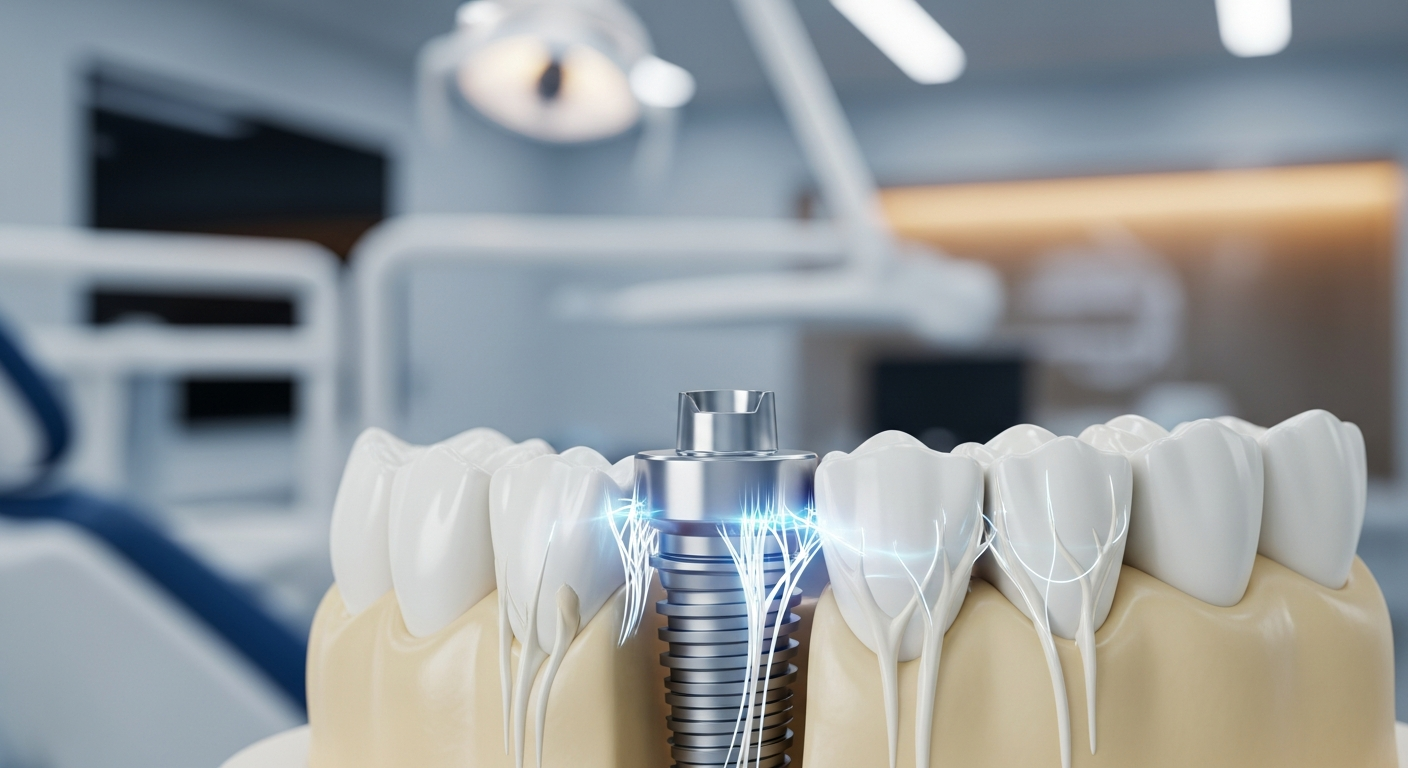
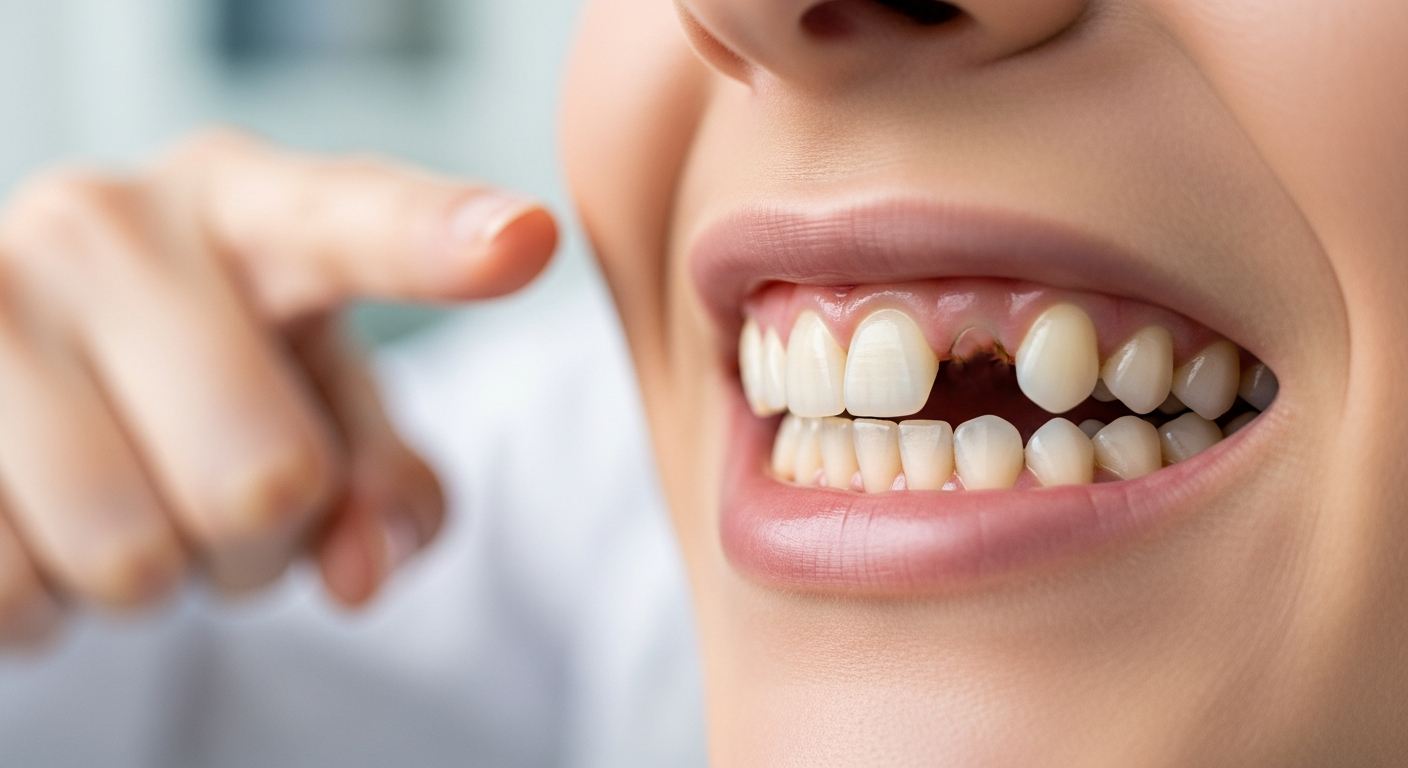




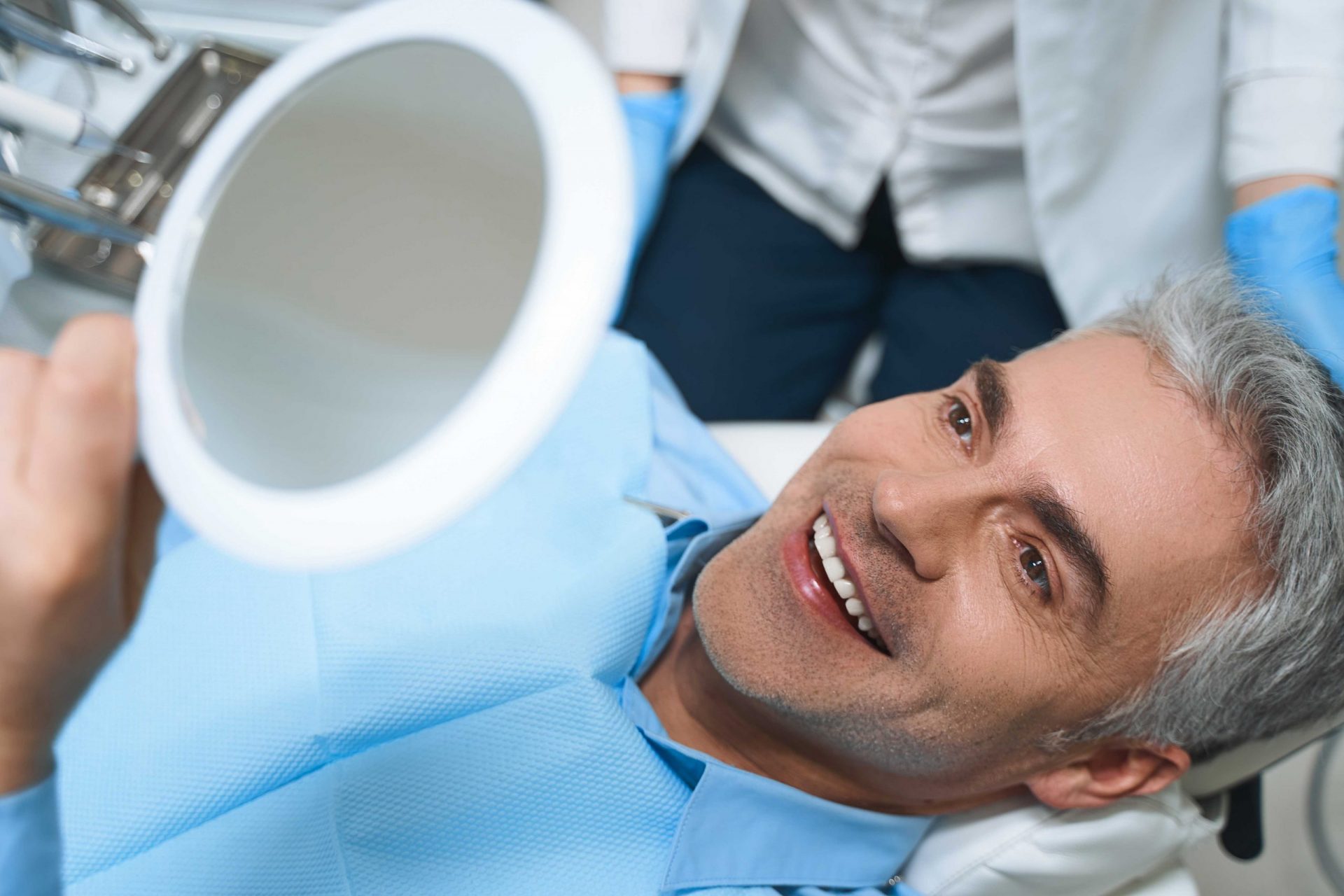
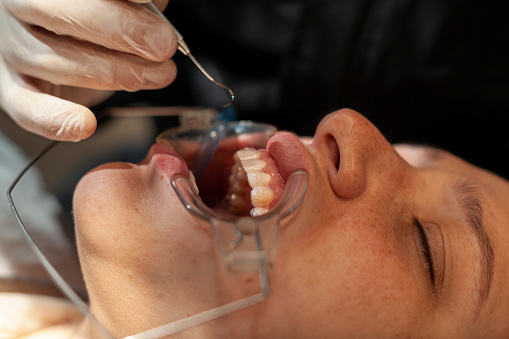

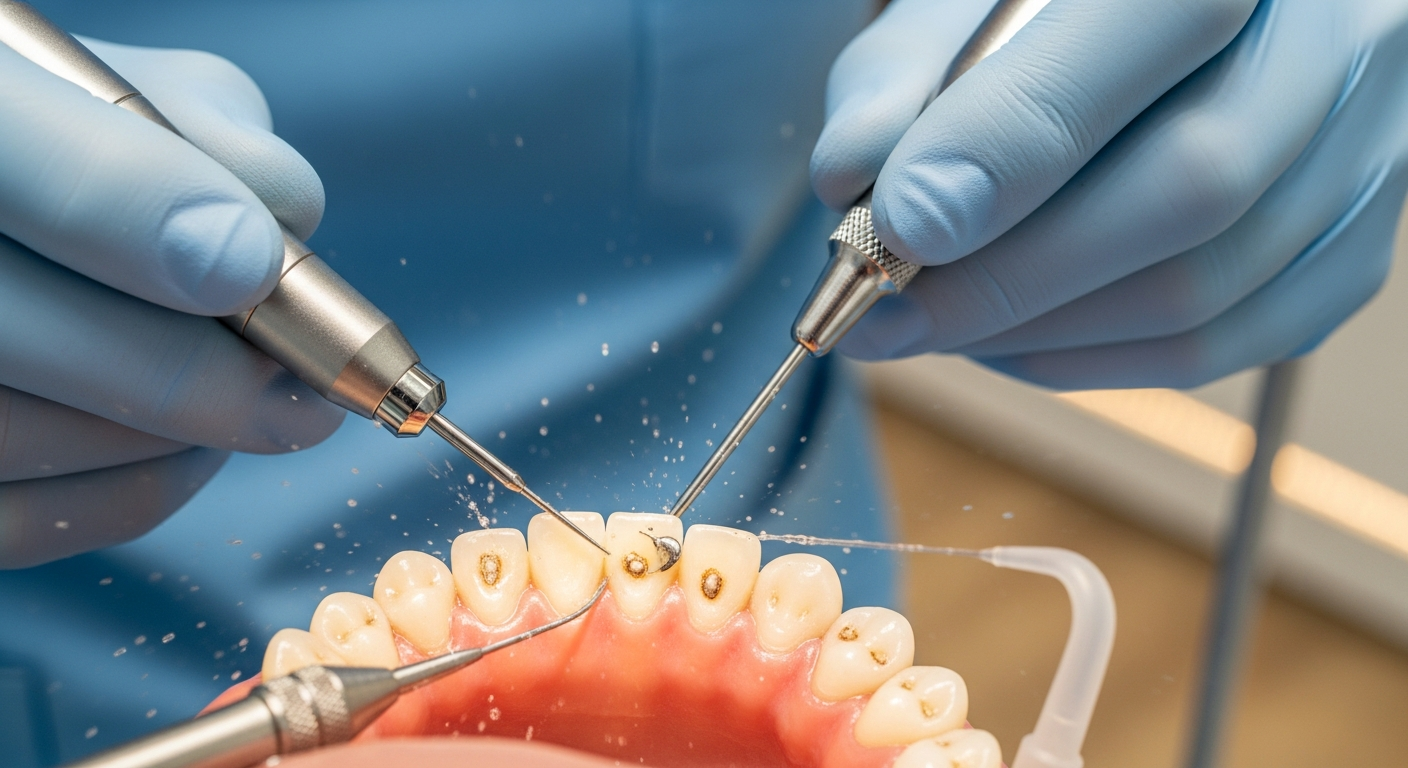

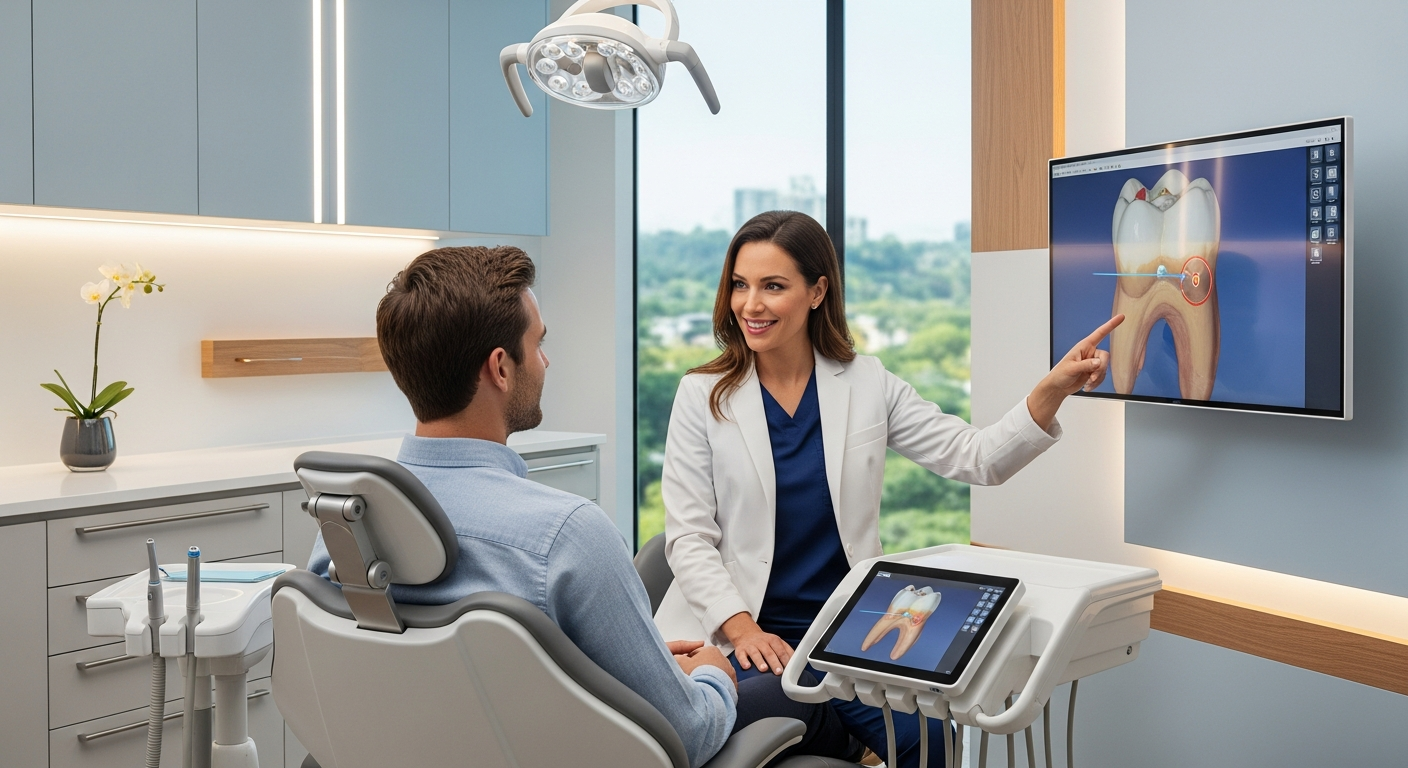
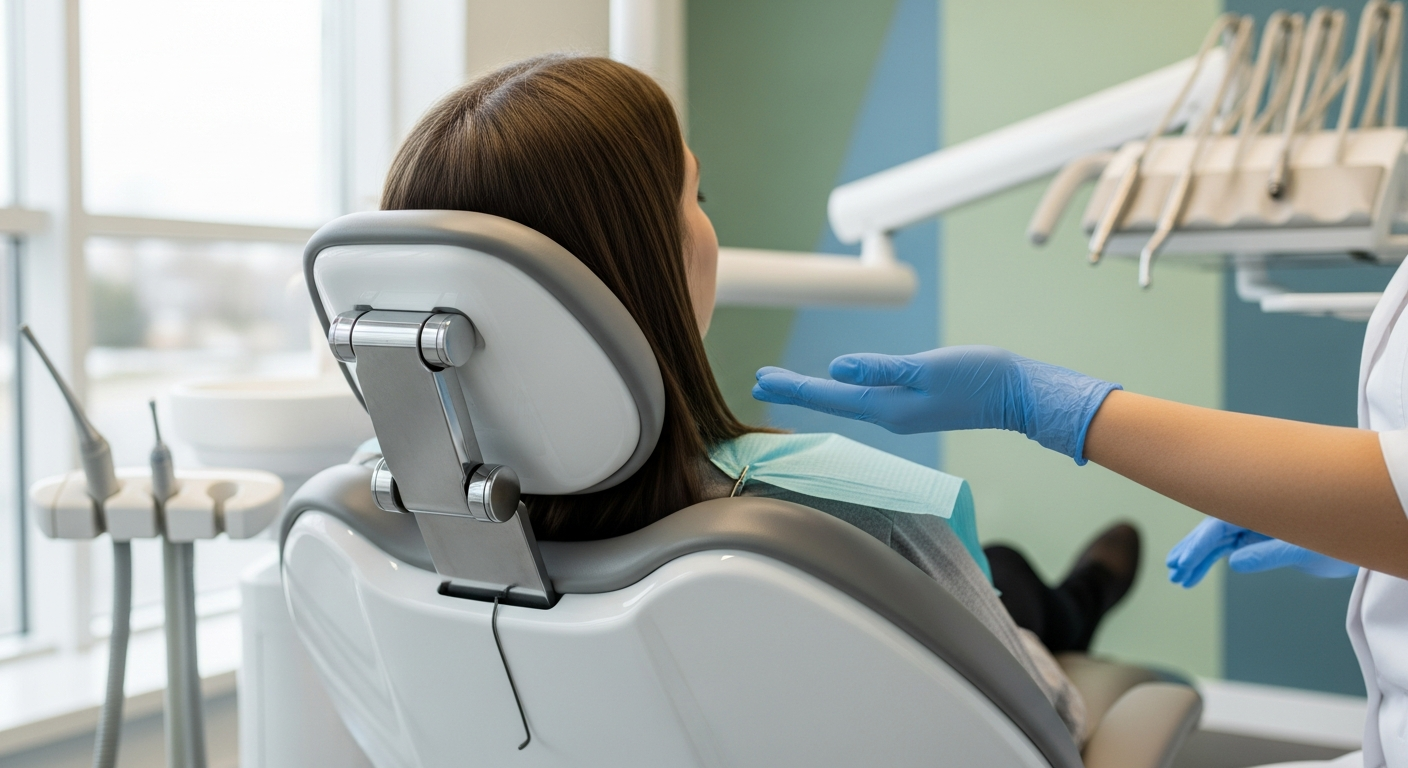

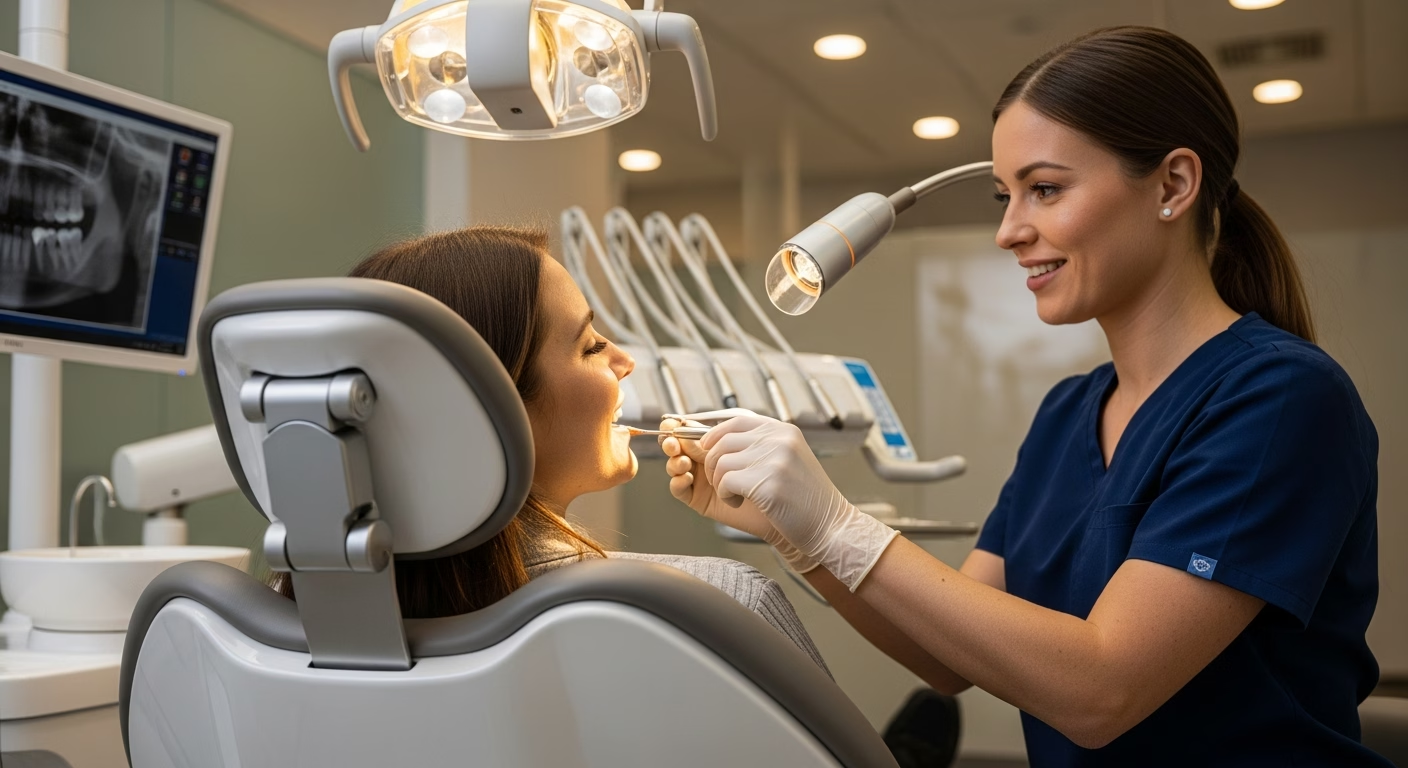
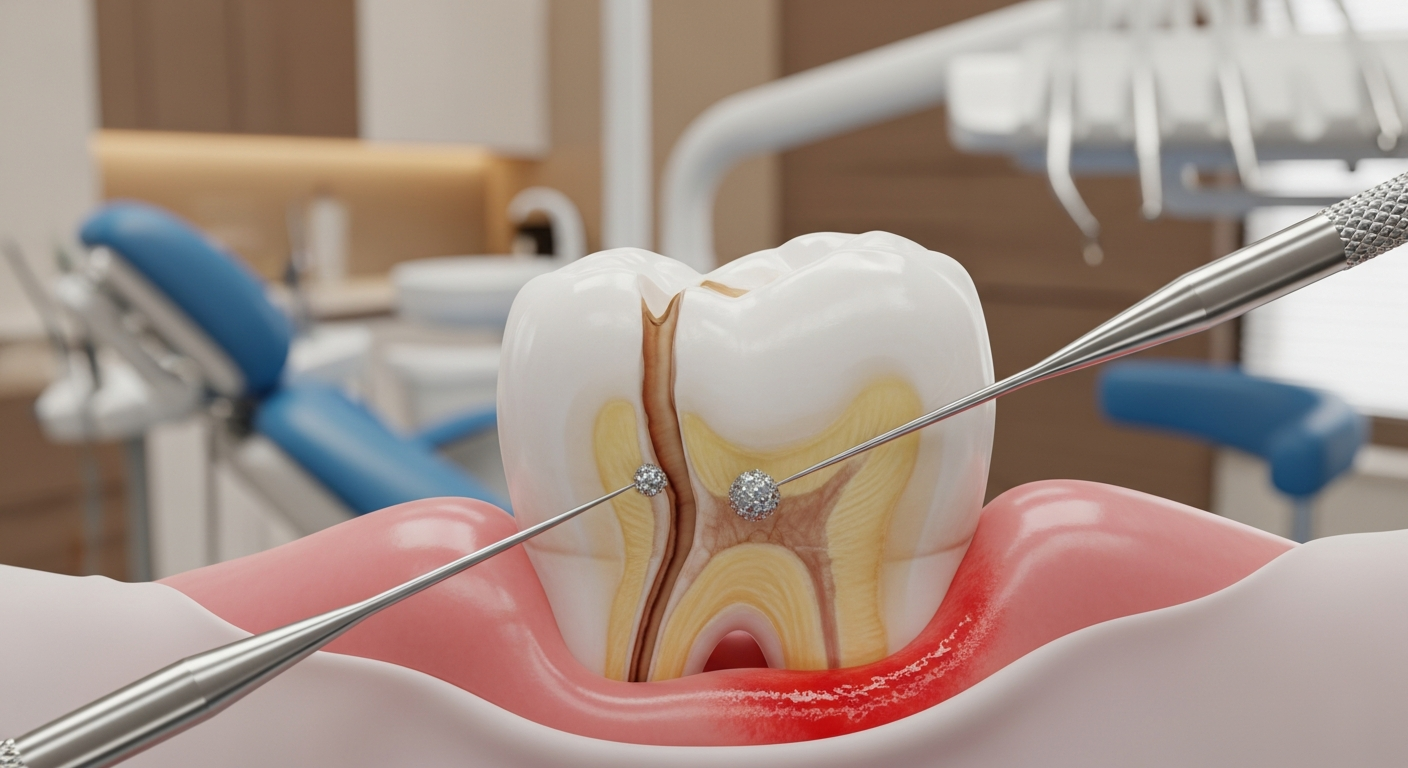



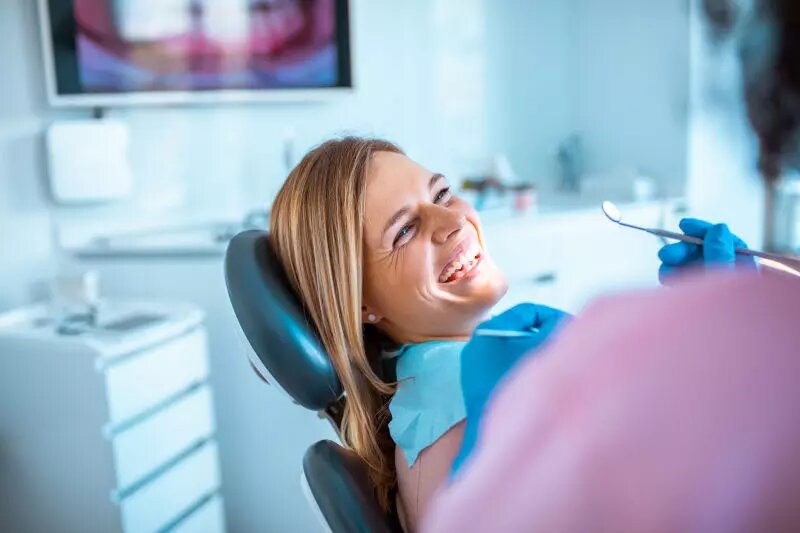
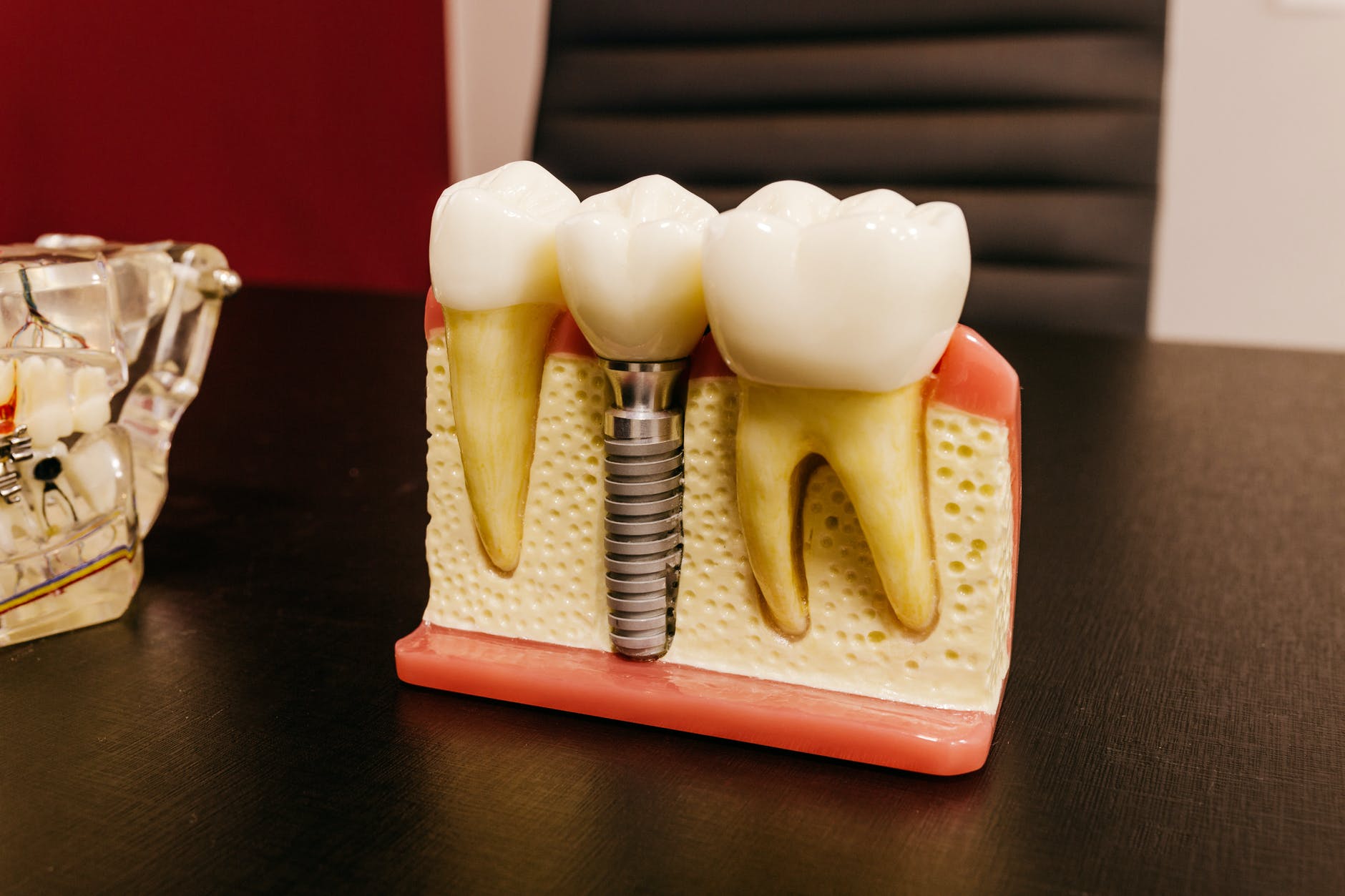


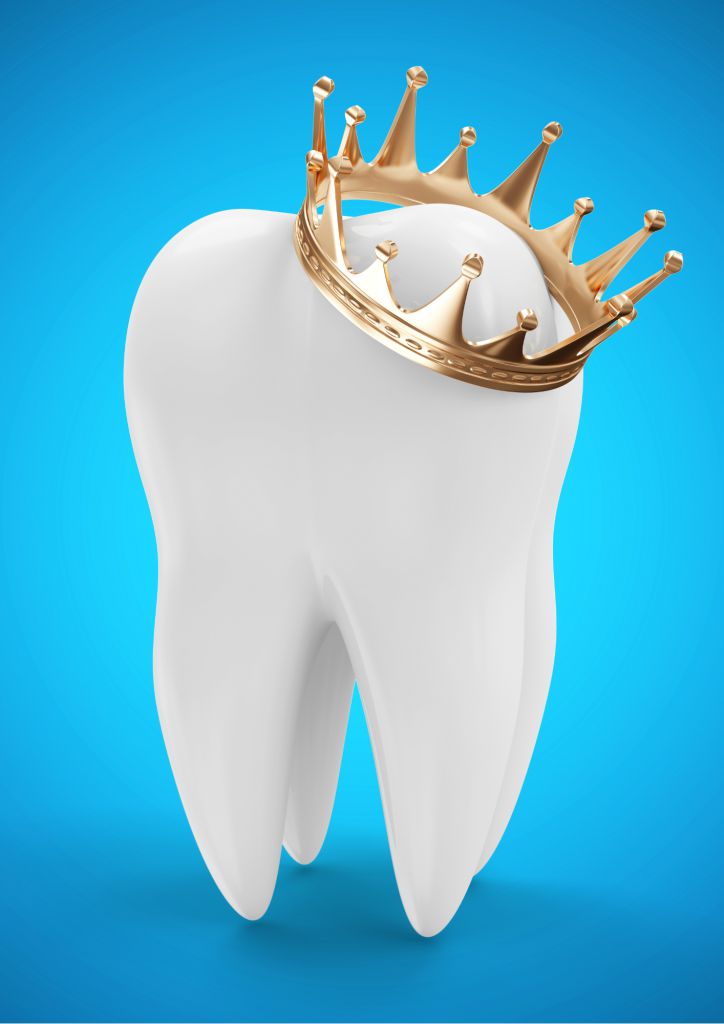



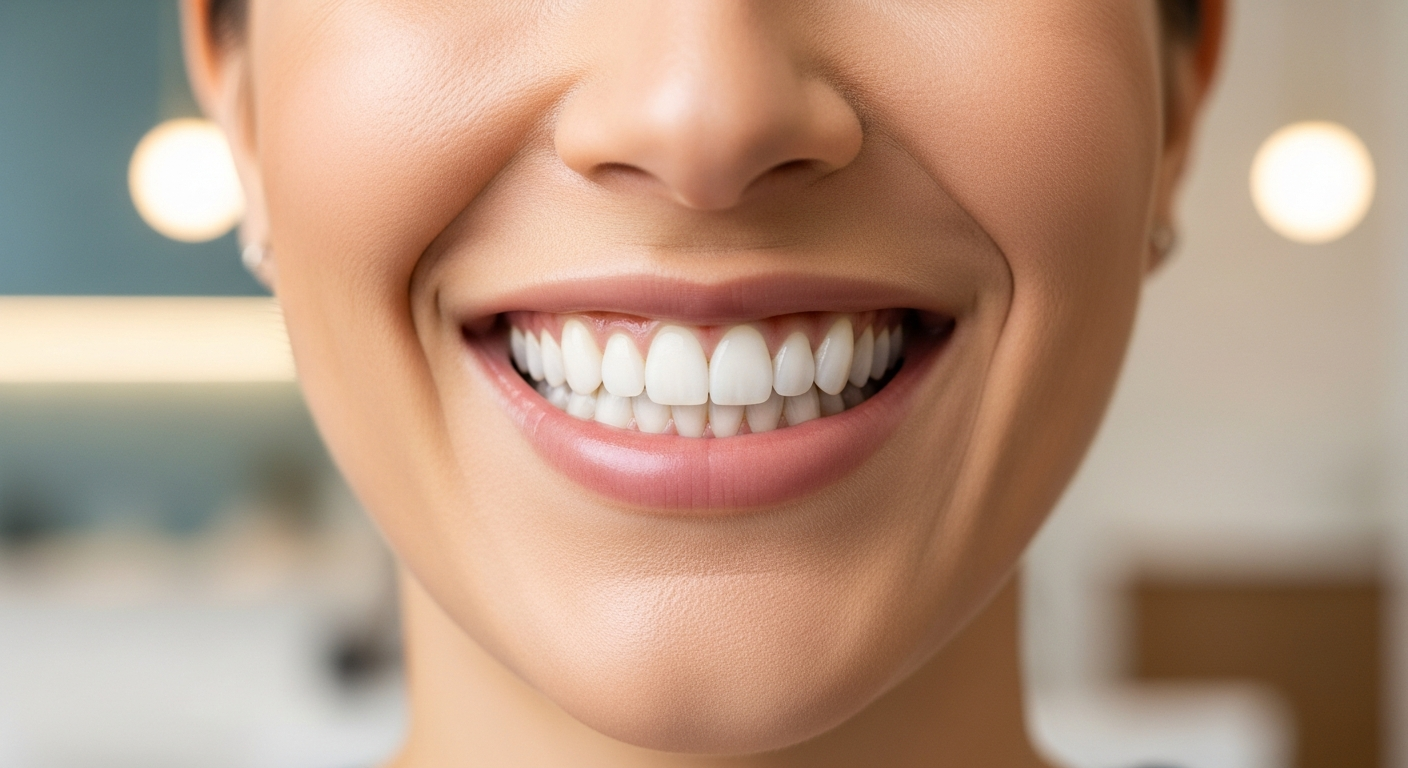



.avif)


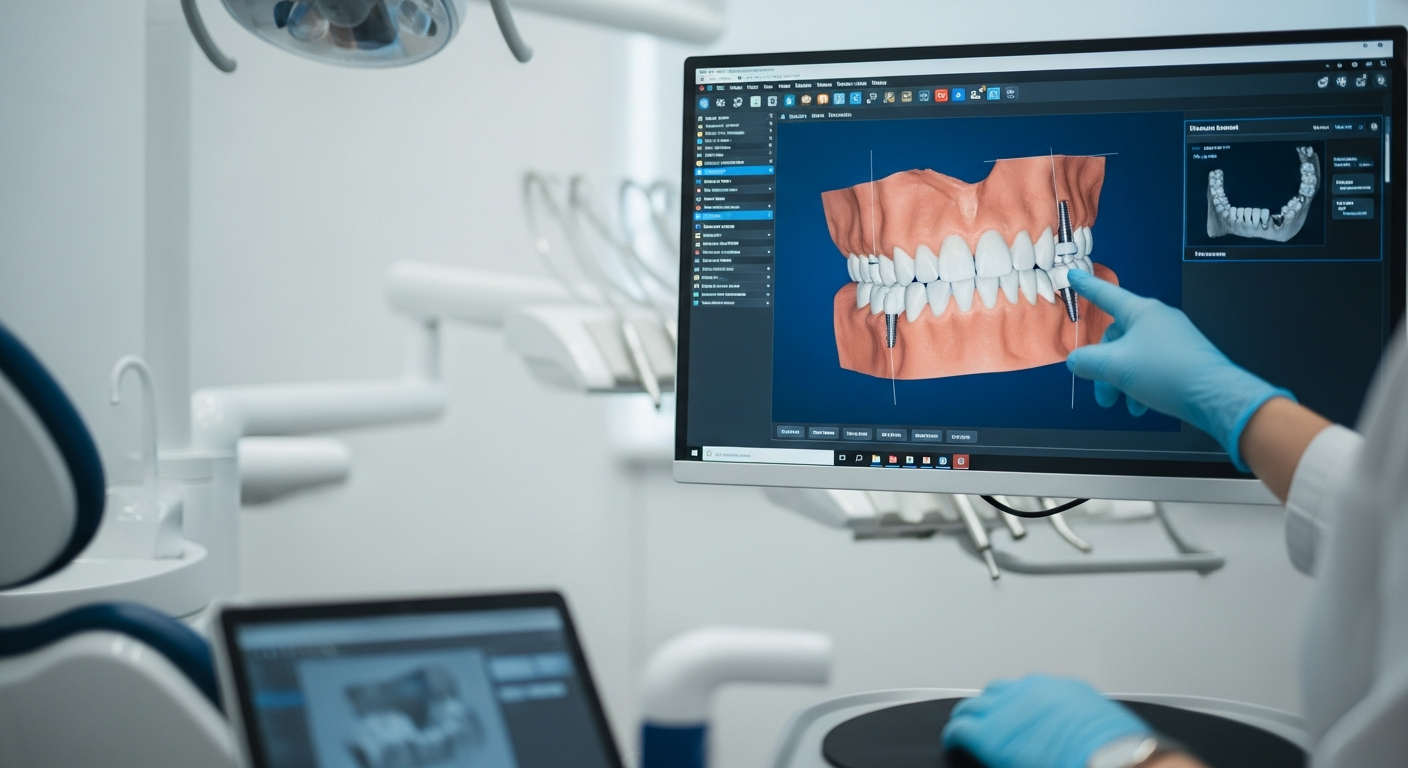

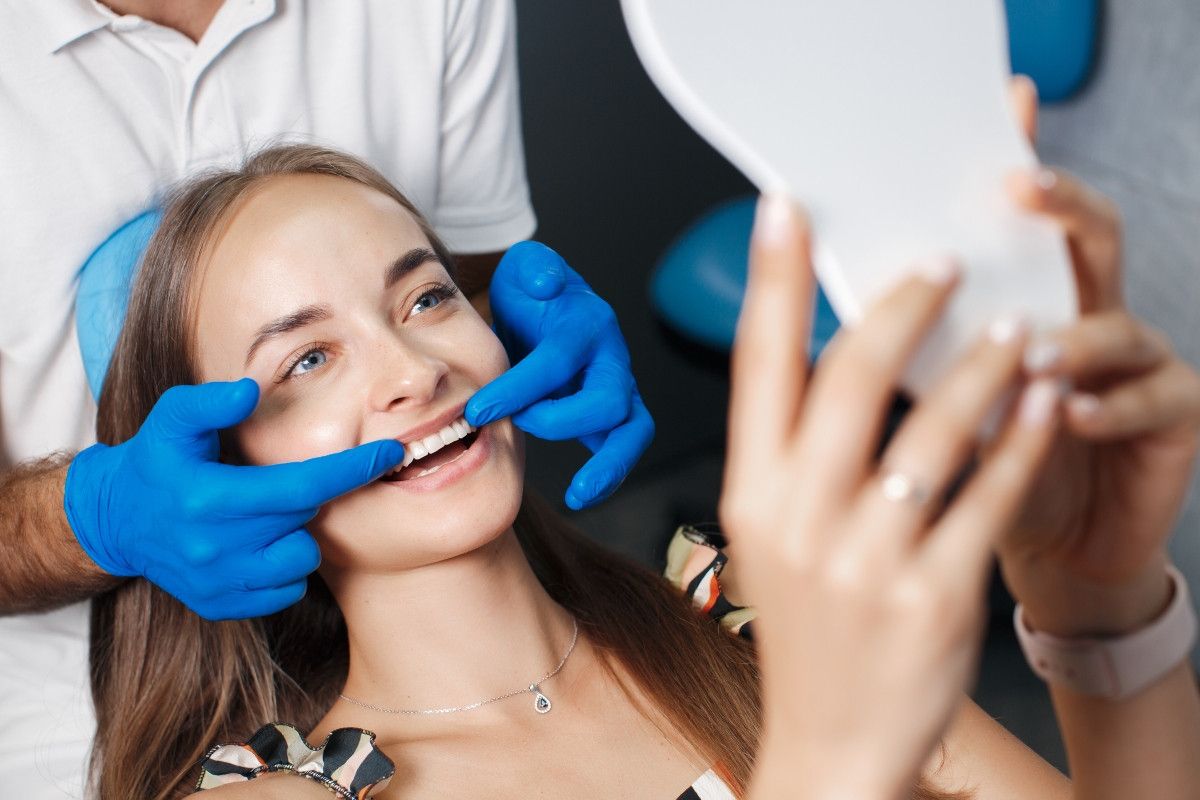

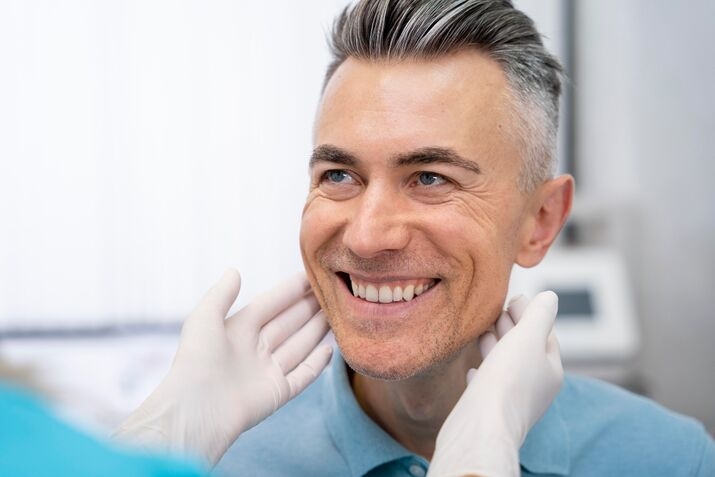
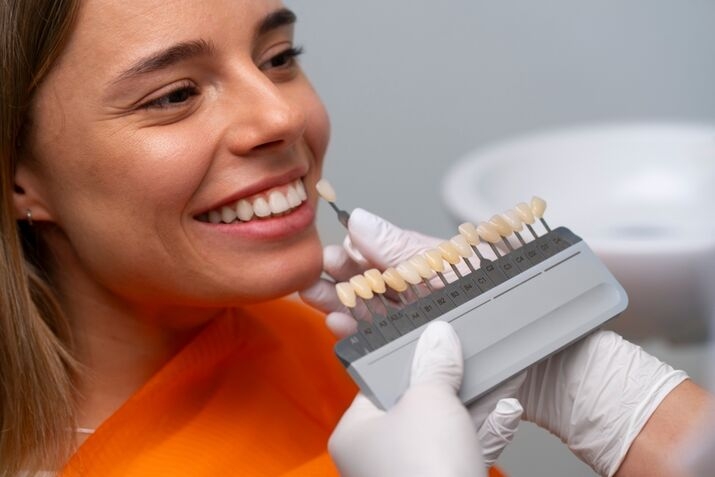
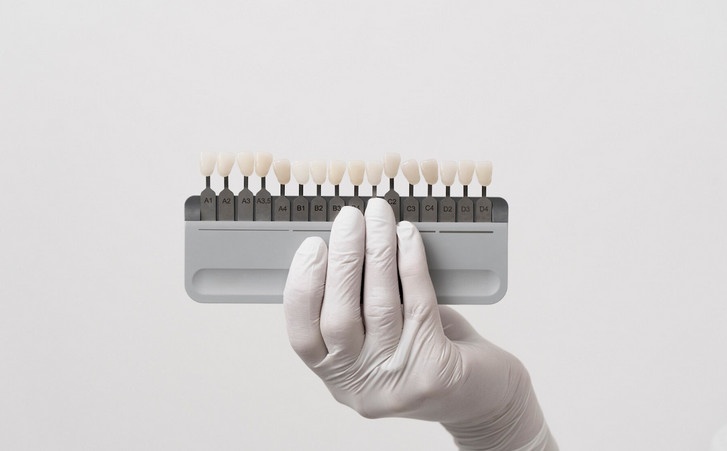

.jpg)


















.avif)


















.jpg)


